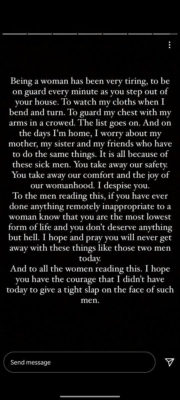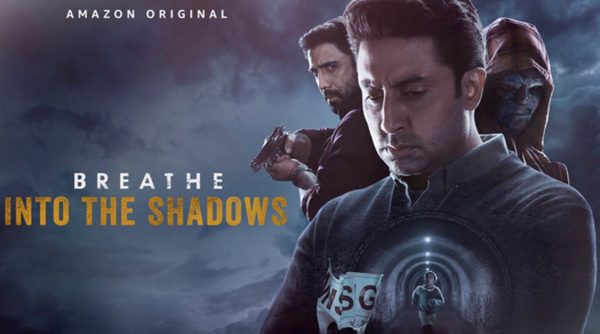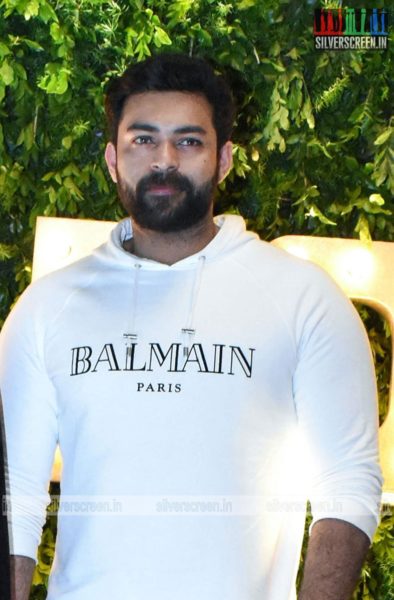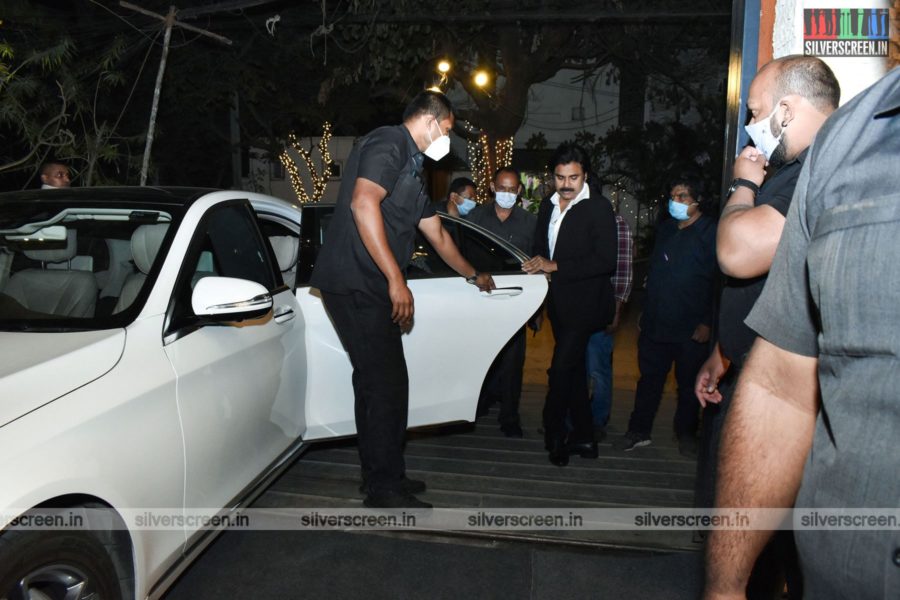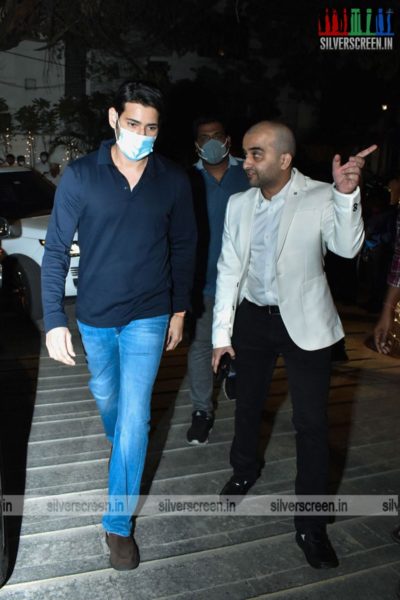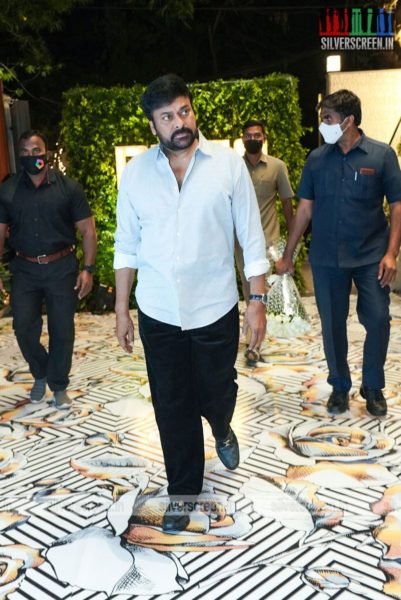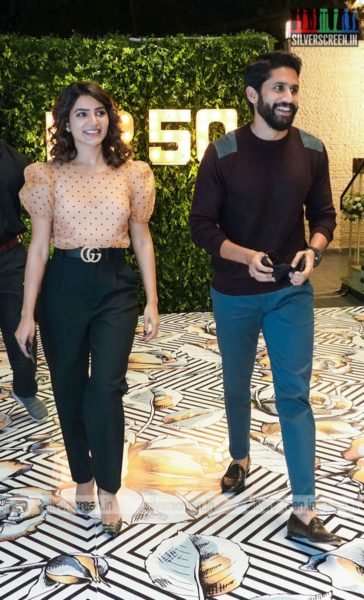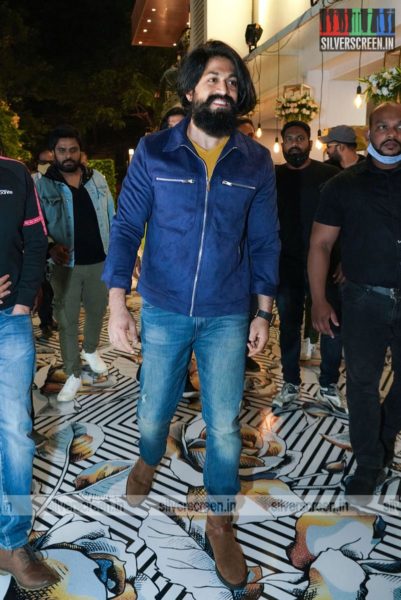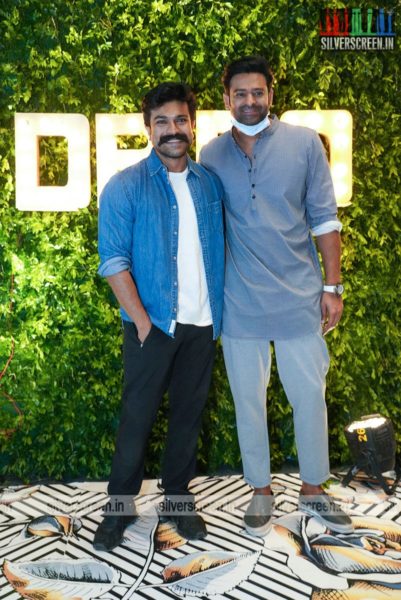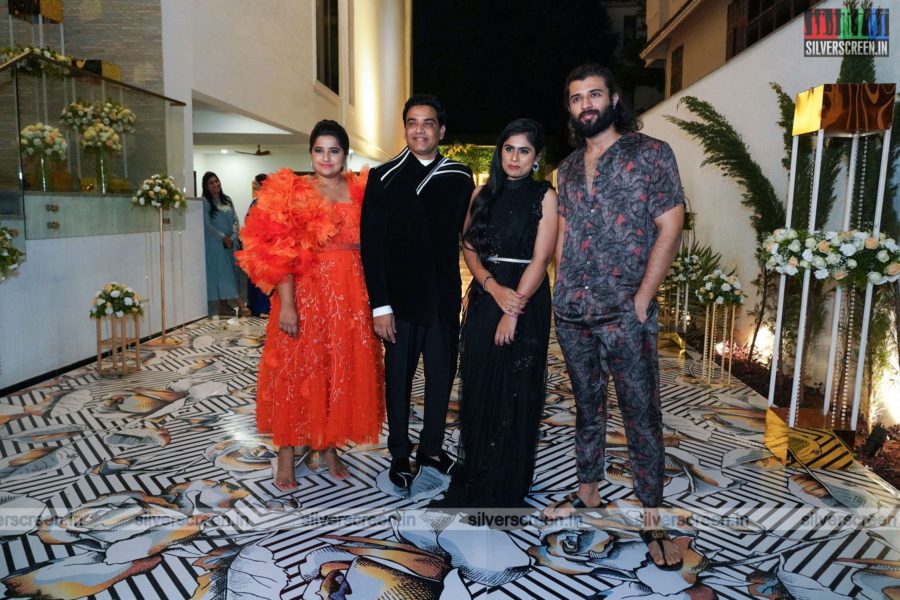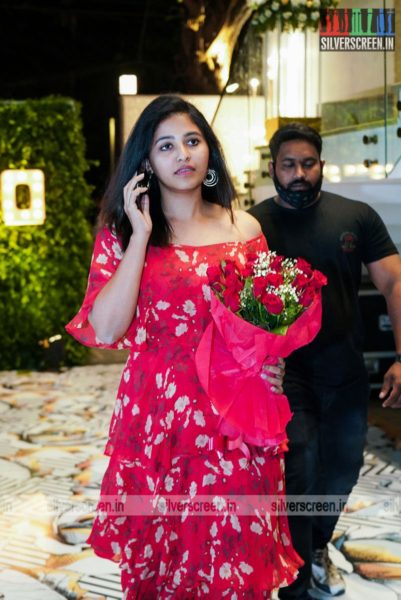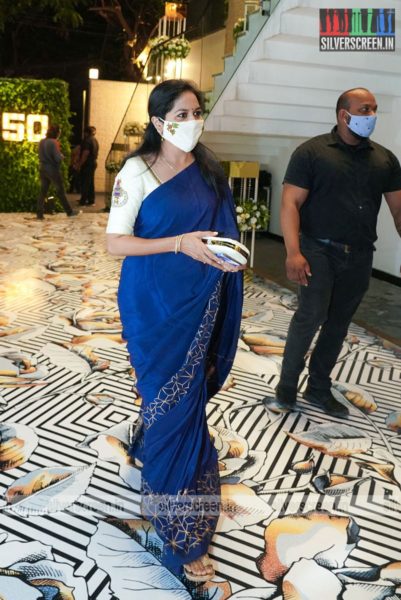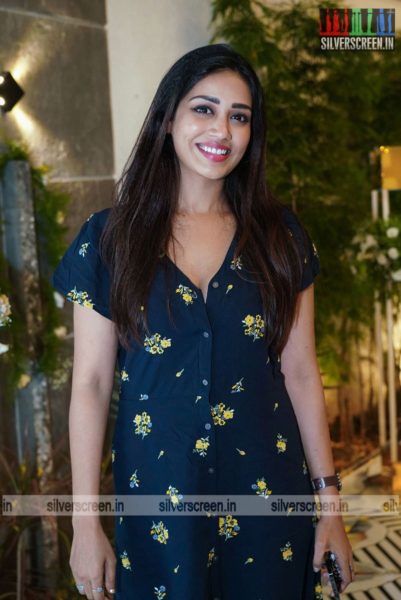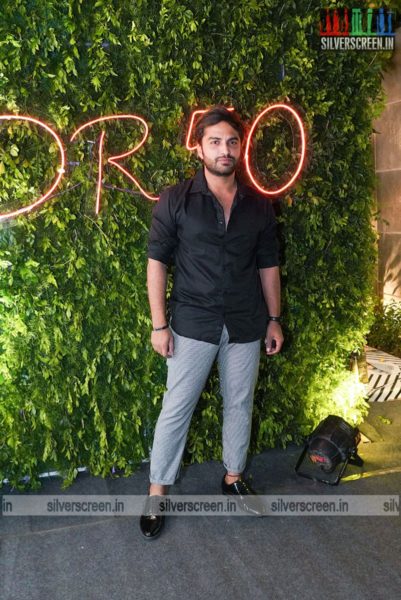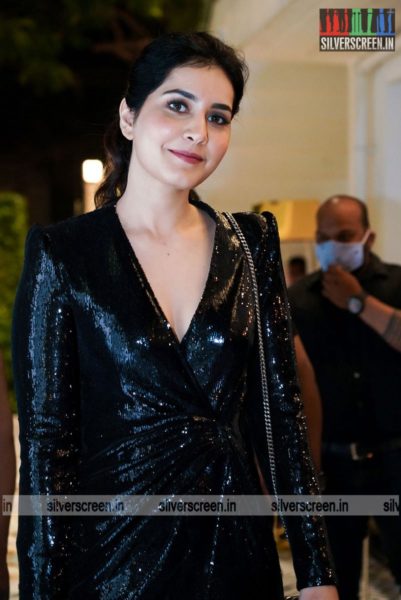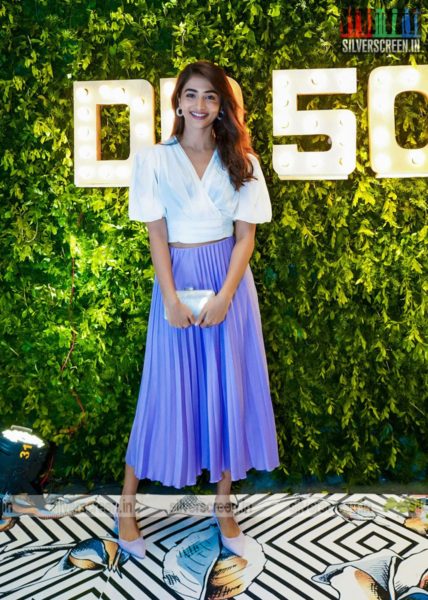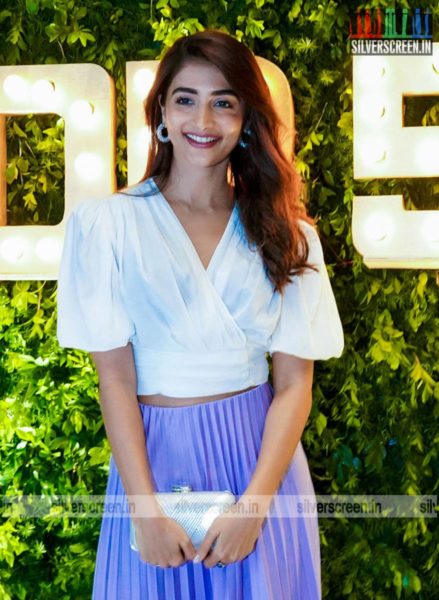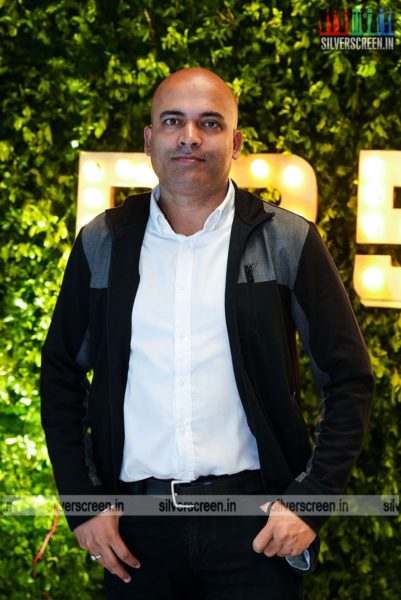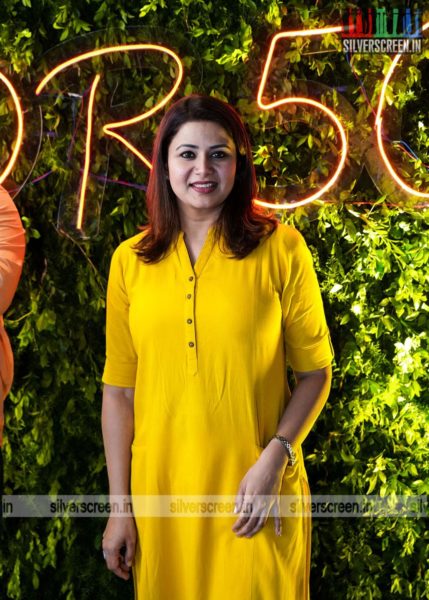The year 2020 brought forth an abundance of content on streaming apps. However, it is still hard to ignore the problematic, cliche and cringe-worthy shows and movies that bombarded our screens this year.
Despite their questionable content, some shows like Indian Matchmaking and Fabulous Lives of Bollywood Wives could be seen as light-hearted shows.
However, movies like ‘horror-comedy’ Laxmii were unbearable, with no redeeming elements. What could go possibly wrong in a film where a cishet man plays a transwoman and takes over their narrative?
Nevertheless, audiences tuned in to watch shows and films that were high on the cringe quotient, to either poke fun at them, judge their questionable content or watch it out of plain curiosity. Silverscreen India brings you a list of nine movies and television series that audiences hate-watched this year.
- Laxmii (Disney+Hotstar)
A remake of 2011 hit Tamil horror-comedy film Kanchana, this Diwali release faced a barrage of criticism for its problematic content. Lead actor Akshay Kumar was accused of commodifying and reinforcing negative stereotypes about the transgender community. It has a rating of 2.3 on IMDB.
While it is hard to overlook the problematic aspects of the film, the content is very mediocre. Kumar plays Asif, a skeptic who becomes possessed by the ghost of a trans woman Laxmii, who uses him as a medium to avenge her wrongful death. Scenes, such as the entire family huddling around a bathroom to take turns to see Asif applying turmeric, are supposed to be funny but it is just problematic.
Despite staying faithful to the original, Laxmii offers no comedy and the horror elements are not explored well. Audiences sat through the film only to see it get more ridiculous with every passing scene.
(Read the Silverscreen India review of Laxmii here)
- Holidate (Netflix)
It is officially that time of the year when Netflix decides to release over-the-top same old, bland, romantic comedy movies in time for Christmas. Every year, audiences find a barrage of holiday films where nothing except the cast is new. This year, Netflix decided to up its game and introduced a film that repurposes the plot by adding all the possible holidays on the Gregorian calendar.
Holidate, starring Emma Roberts and Luke Bracey is about two strangers who decide that they are tired of being alone on holidays and make a pact to be each other’s platonic plus-one for the holidays only to fall in love.
Holidate employs all the clichés that you can find in a romantic comedy film- two attractive people who are obviously meant to be together but minor (and avoidable) obstacles prevent them from getting together till the end. Riddled with clichés and zany storylines, this movie will baffle viewers till the end. A scene where a single Roberts runs into her ex-boyfriend and his new girlfriend and lies about how she is seeing someone or the scene where the female lead apologises to get the male lead to get back together is a reminder that the film offers absolutely nothing new and there is a desperate need to reinvent romantic comedies.
- Fabulous Lives of Bollywood Wives (Netflix)

In late November, Netflix released its latest reality show Fabulous Lives of Bollywood Wives, which is not just out of touch with reality but also showcases the most ridiculous problems that the titular Bollywood wives go through. While a reality show is supposed to be dramatised, Fabulous Lives of Bollywood Wives takes it to a new level with their debates on the pronunciation of Le Bal and an obviously staged stalker following them while they vacation in Doha. The excessive number of scenes depicting Doha serves as a free MakeMyTrip ad to visit Qatar.
A combination of Keeping up with the Kardashians and Real Housewives, this show traces the ‘glamourous’ lives of four women- Bhavna Panday, Neelam Kothari, Seema Khan, and Maheep Kapoor. Showcasing their problems, parties, and friendships, it did not take long for this show to reach the top spot on Netflix India. The show comes at a time when the Hindi film industry is being criticised for being nepotistic and favouring only the privileged. Showcasing upcoming stars like Ananya Panday (actor Chunkey Panday’s daughter) and star kids like Shanaya Kapoor and Ahaan Panday, this show has provided fodder for Instagram influencers to make parody videos and memes on it.
- The Kissing Booth 2 (Netflix)
The sequel to the 2018 movie The Kissing Booth, this film retains the original cast (Joey King, Jacob Elordi, and Joel Courtney) with a few new additional cast members, such as Taylor Zakhar Perez. As if one movie was not enough, Netflix released Kissing Booth 2 and there is also a third film that is coming out in 2021.
The story is about Elle and Noah facing problems in their long-distance relationship and Elle soon becomes attracted to her classmate Marco. The predictable love triangle, coupled with cookie-cutter characters and easily resolvable conflicts makes it hard for the audience to watch with a straight face. The Kissing Booth 2 is a grim reminder about the consequences of adapting Wattpad stories to the big screen. All the problems that the couples face could have been sorted out through a mature conversation. But, hey, how else could the creators drag the movie for two hours if the lead characters acted in a calm and mature manner?
To top it off, this year has already seen To All the Boys 2, which had the exact same plot and ending as this film as does every other teen love triangle flick. The Kissing Booth 2 has nothing new to offer, apart from a lesson on how not to make a teen romantic comedy and reinforce sexist and harmful relationships.
- Never Have I Ever (Netflix)

Created by actor-producer Mindy Kaling, Never Have I Ever got Indians and the diaspora excited for all the right reasons. The show was about an Indian-American girl and it had an authentic and diverse cast. It also promised to showcase problems that were actually relatable to teenagers and young adults.
However, when the show came out, Indian audiences could not help but get confused by their “representation.” The show has a still of Durga Puja while talking about Ganesh Chathurthi and has a divorcee reaffirming the fact that arranged marriages are “better”. As if things were not bad enough, the divorcee’s story is the typical and downright regressive “I am a Hindu but I married a Muslim, so I am ostracised” trope.
By depicting South Asians as nerdy with overprotective parents, who fall in love with dumb jocks, the show cements the stereotypes that it had originally set out to break. In conclusion, never have I ever seen a show where it was this hard to not recoil and shudder at the South-Asian stereotypes that were in place.
- Indian Matchmaking (Netflix)
Indian Matchmaking was a reality/documentary series that showed an Indian matchmaker Sima Taparia shuttle between India and the US to find suitable matches for her clients. This spawned off a whole set of memes and even Instagram filters.
While one cannot expect much from reality television, this show had a couple of colourful characters in Aparna and Akshay (Taparia’s clients), whose demands were both infuriating and entertaining. Memes about Aparna’s accent, her dislike for comedy, and her specific demand that her partner should know that Bolivia has salt flats took the internet by storm.
Delving into the world of arranged marriages, viewers were horrified to see people still talking about caste, class, and social status. The deep-rooted misogyny and regressive ideas put them off. However, what people failed to realise is that the show was simply a mirror of Indian society where very often, marriages are fixed this way.
- Emily in Paris (Netflix)
Starring Lily Collins in the titular role, Emily in Paris debuted on Netflix on October 2. The story follows Emily, a social media executive, who goes to Paris to open up newer markets for her high-end marketing firm. Once in Paris, she is downright uninterested in learning or respecting French.
As reported by Hollywood Reporter in its review, Emily in Paris is “strikingly watchable, an escapist confection brimming with easily digestible plots, costumes, and characters. Turn off your brain and crank up Candy Crush.”
While a lot of viewers loved the Emily’s costumes, the show’s setting, and its breezy storyline, Parisians were less than thrilled with creator Darren Star’s latest show. The romantisation of Paris, as a place only focused on fashion and high-end food, was not well-received by Parisians, who felt that it portrayed them as lazy and shallow. The show has a painfully unlikeable lead character, which makes it difficult to take the show seriously.
- Four More Shots Please! ( Amazon Prime Video)
Amazon Prime Video has given us some feminist gems like Made in Heaven and The Marvelous Ms. Maisel. Four More Shots Please!, however, manages to negate every single stride that the platform has made with their choice of content.
It follows the life of four women Anjana, Damini, Siddhi, and Umang navigating relationships, work, friendships, and sexuality. It sets out to be a Sex and the City-esque show but ends up giving viewers the perfect content to cringe-watch. The show has very little to offer in the feminism area and it ends up doing more damage as it reinforces stereotypes, like the fat girl finding it hard to find love in season one.
There are scenes where the characters scream ‘vagina’ in public to show it as achieving feminism and embracing sexuality. With its poorly written script and stereotypical tropes about women who are ’empowered’, Four More Shots Please! is hardly the flag bearer of women’s empowerment.
- Putham Pudhu Kaalai (Amazon Prime Video)
This Tamil language anthology has been directed by acclaimed directors Rajiv Menon, Sudha Kongara, Karthik Subbaraj, Suhasini Mani Ratnam, and Gautham Vasudev Menon. The five-film anthology is focused on the Covid-19 lockdown and its impact on people. While the theme and idea are relatable, the stories were far from it. Even though stalwarts like Jayaram, Shruti Haasan, Andrea Jeremiah, Leela Samson featured in the series, the bland and underwhelming storylines were a major letdown.
A borderline snoozefest, some of the films such as Coffee Anyone? and Reunion were predictable and filled with privilege. Coffee Anyone? tried to string together a story with coma, autism, and late pregnancy to try to get audiences to experience intense emotions.
Jeremiah’s portrayal as a drug addict in Reunion was laughable as the tropes seemed far too stereotypical. C Gurucharan, the male lead, decided that he would woo her with a poem that started with the line “I stare starry-eyed at the star-filled sky”. Good luck with that.
Most of the stories were focused on affluent and privileged people whose issues are not necessarily concerned with the pandemic itself. With most storylines being drab and dramatic, the series has very few captivating moments. Despite its star-studded cast and focus on family, relationships, and have happy endings, this anthology could not be saved from the audience’s hate-watching it.
(Read Silverscreen India’s review of Putham Pudhu Kaalai here)




